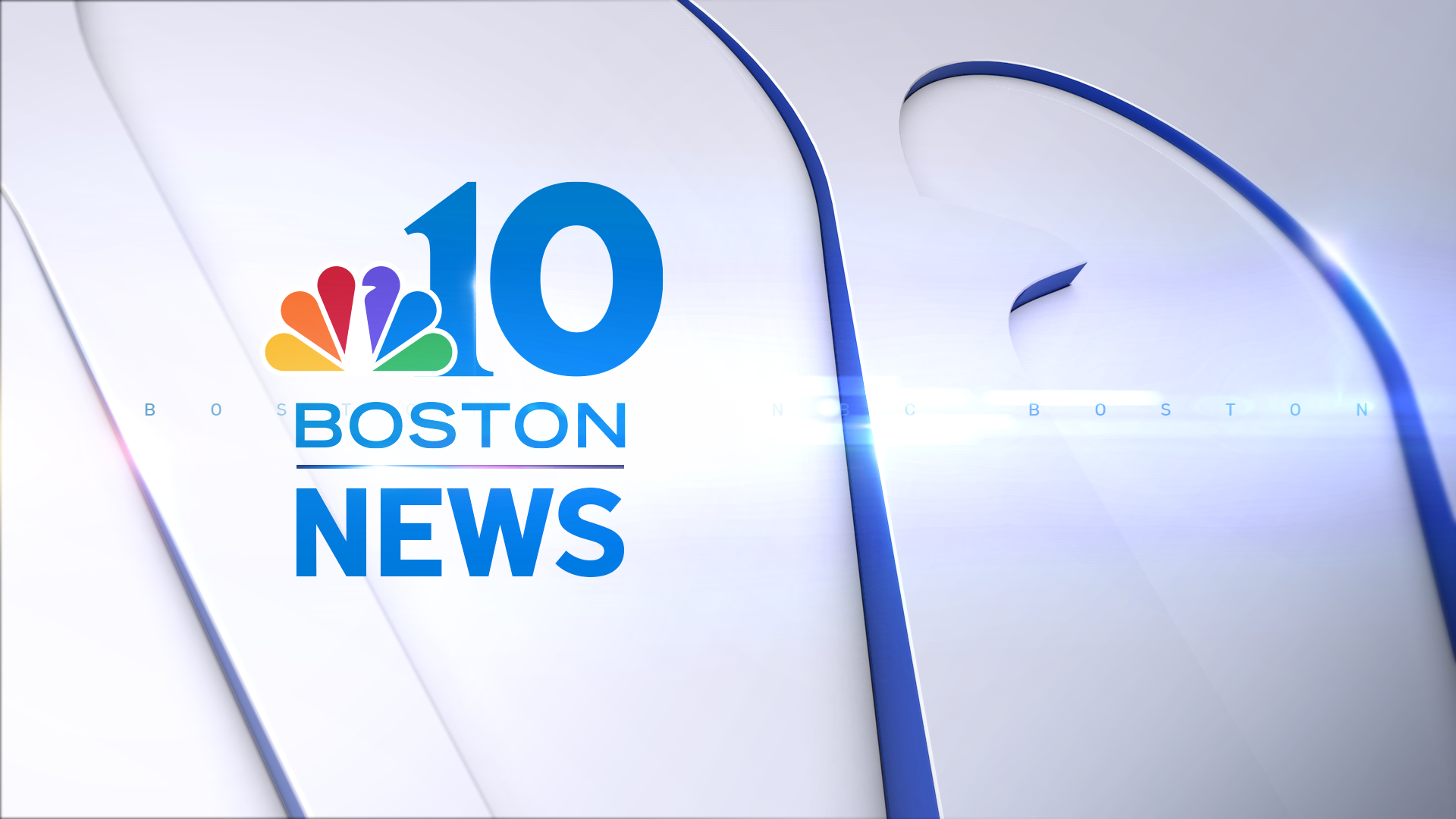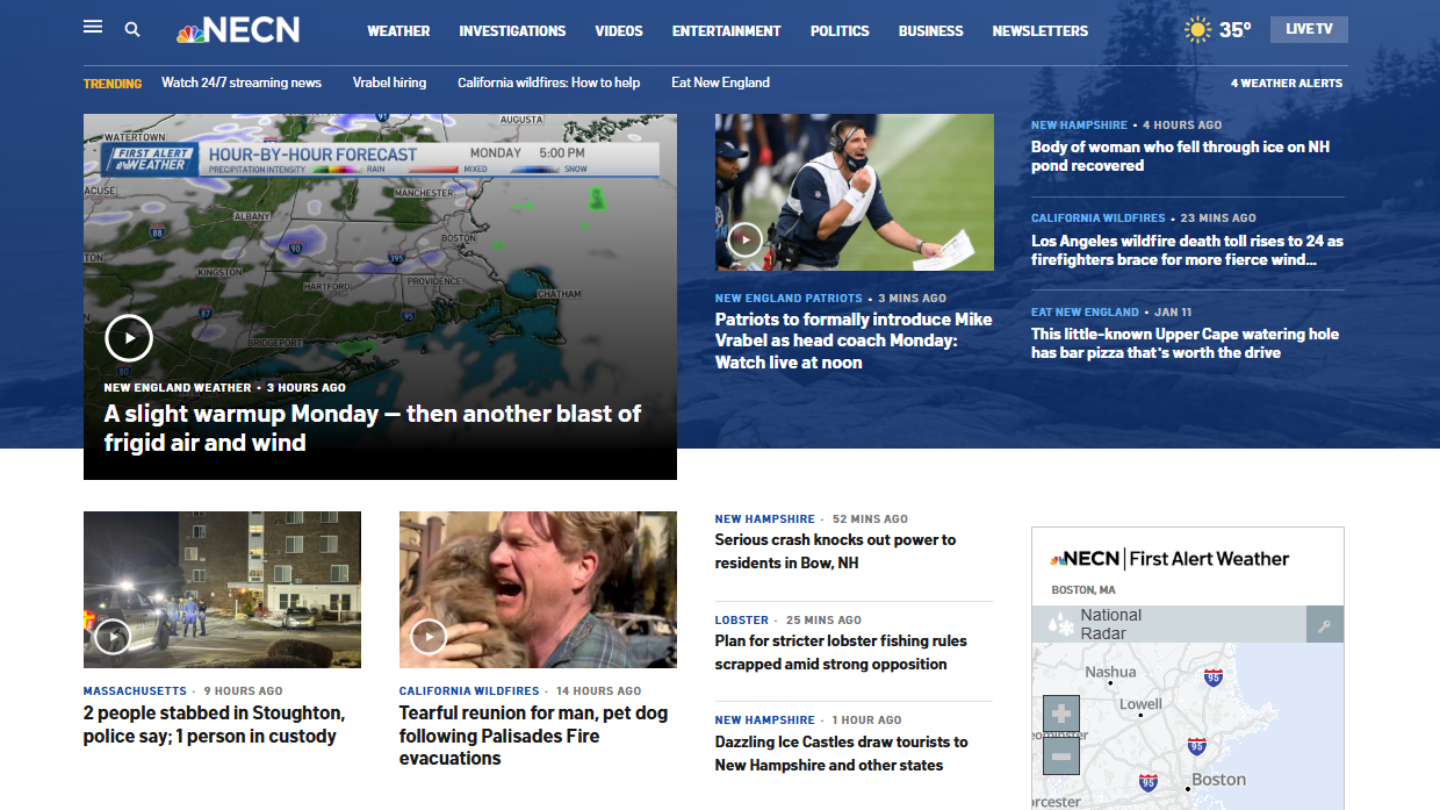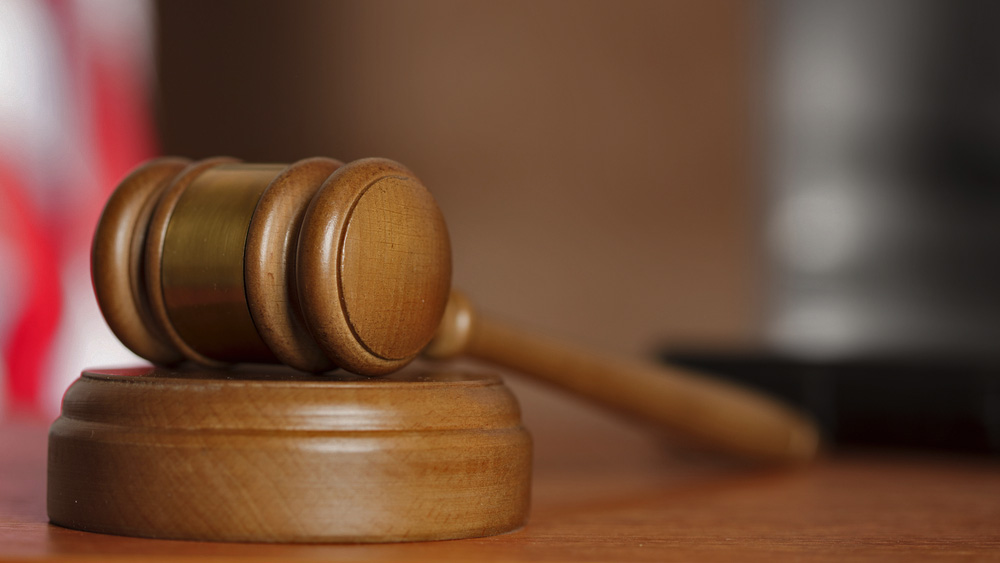The multi-billion-dollar CBD industry is largely unregulated, making it pretty tough to know exactly what you are paying for.
What to Know
- The CBD market is largely unregulated, and without regulation, companies are largely policing themselves.
- To see how difficult it is to get the CBD you’re paying for, The Investigators bought 10 products at random from stores around Boston.
- The testing was all over the board. Some products tested just as advertised, while others had significantly more or less than advertised.
Raking leaves is a simple pleasure for Eileen Howley. For years, the grandmother from Abington, Massachusetts endured the debilitating pain of osteoarthritis.
"I had a hard time getting out of bed in the morning," she said. It'd just go to the point where I thought, 'Am I going to end up in a wheelchair?'"
So when a nurse in the family suggested that CBD might provide her some relief, she thought she’d try it. And after just a few months, she said she felt results.

"It’s amazing. I don’t have any pain at all. Nothing!"
CBD is everywhere. The naturally occurring compound is a hemp derivative. Early research suggests it may be an effective treatment for a variety of ailments. Many who currently use it for issues ranging from anxiety and depression to pain and stomach problems swear by it.
Dr. Kevin Hill at Beth Israel Deaconess Medical Center said the overwhelming demand for CBD products has turned the market into what he calls the “Wild, Wild West.”
Local
In-depth news coverage of the Greater Boston and New England area.
Hill, an addiction specialist, said the CBD market is largely unregulated. He said products regulated by the FDA must adhere to strict guidelines and prove that every capsule or serving is exactly the same. But without regulation, CBD companies are largely policing themselves.
"I want to be clear, I’m very excited about it," Hill said. "I’m bullish on CBD. That said, we really do need to be careful."
He pointed to a 2017 study in the Journal of the American Medical Association that found two-thirds of CBD products tested did not match the claims on the label.
We wanted to see for ourselves just how difficult it is to get the CBD you’re paying for, so we bought 10 products at random from stores around the Boston area, from oils and tinctures to CBD-infused lollipops and gummy bears. We went to high-end boutiques and smoke shops; corner stores and gas stations.
Concealing the labels, we brought the products to nationally-accredited MCR Labs in Framingham. It’s certified by the state Department of Health and licensed by the Cannabis Control Commission. We asked MCR to test the products and tell us how much CBD they contained per serving.
The testing was all over the board. Some products tested just as advertised like Green Roads CBD Oil, Select CBD Drops and Ralph’s Organic Garden CBD Salve.
Green Roads said in a statement, "Maintaining the purity and quality of our products is always our top priority and so we are pleased that NBC 10’s findings align with the third-party lab report we make available to every consumer through QR coding on our packaging. This accuracy and transparency has been a hallmark of the Green Roads brand since its inception."
Select also said it stands behind their product and testing. A spokeswoman wrote in an email, "As an industry leader, we are committed to testing transparency and education for our customers. We stand by our ISO-certified laboratory test results, highest industry-standard practices and quality control to ensure the overall efficacy and the best product experience possible."
The owner of Ralph’s Organic Garden said, "As a small, family owned company, Ralph’s Garden takes great pride in its products and the care and professionalism we provide to our customers. We are delighted that the third-party lab engaged by NBC10 to test our product confirmed that it contains the advertised amount of CBD necessary to promote the health and well-being of our customers."
Other products came close to the amount of CBD advertised on their labels, like Reliva CBD Relief Cream. Several companies explained the variation between what was advertised on the label and what the lab found by telling us that CBD products can start to break down if they’re not stored properly, or are exposed to swings in temperature.
For the Reliva CBD Relief Cream, testing showed it had about 238 milligrams of CBD while it advertises 300. In an email, the company told us the cream we bought was from a batch made last year and it might have degraded at the store. They said they "...retested all other items from that batch and they are spot on." But they went on to say, "We have since modified our production tolerances and testing protocols...We stand by our products 100% so will offer any consumer a free replacement if they bought the cream in question."
According to the testing by MCR Labs, some of the other CBD products we had tested had significantly more or less than advertised.
A container of JustCBD sour bears gummies advertises 10 milligrams of CBD in each bear. MCR Labs found one gummy had 11 milligrams of CBD, and another had 42 milligrams.
Hill said swings in levels of CBD products are problematic.
"We really don’t know how safe it is to use this product when you consider patients who are taking a host of other medications," he said.
A spokeswoman for Just CBD questioned if there might have been an issue with the testing, telling us, "The reality is that our industry currently faces challenges regarding CBD testing, as most labs adhere to a core group of tests, but there is no universal standard and each state has its own protocols." She went on to tell us in an email, "We are taking all appropriate measures to investigate and resolve this issue. Our goal remains to ensure that all our customers receive the best quality products and we are confident that through our efforts and laboratory testing that we only deliver the best CBD infused products on the market."
We bought a CBD lollipop for $7. The box it came in advertises that each lollipop has 25 milligrams of CBD, but the lab found just half a milligram in the one it tested.
A spokesperson from Heavenly Candy told us they are doing a full audit of the product line "Authenticity and Ethics are intentionally important to us...," he said over email, "...and a thorough assessment of how this has happened is being looked into."
Gummy worms with the marking "Super Chill Products" cost us $10 a bag and advertised 100 milligrams in each worm, but the lab said they don’t have any CBD at all. We wanted a response from the company, but couldn’t find contact information on the package or online. The owner of the store where we bought them did not respond to multiple messages.
Hill said the state of the market is buyer beware. Some states are cracking down on how CBD is tested and others are banning CBD-infused edibles altogether. At this time, Massachusetts is not. Hill said consumers should use caution when taking CBD products and always consult with their doctor.



